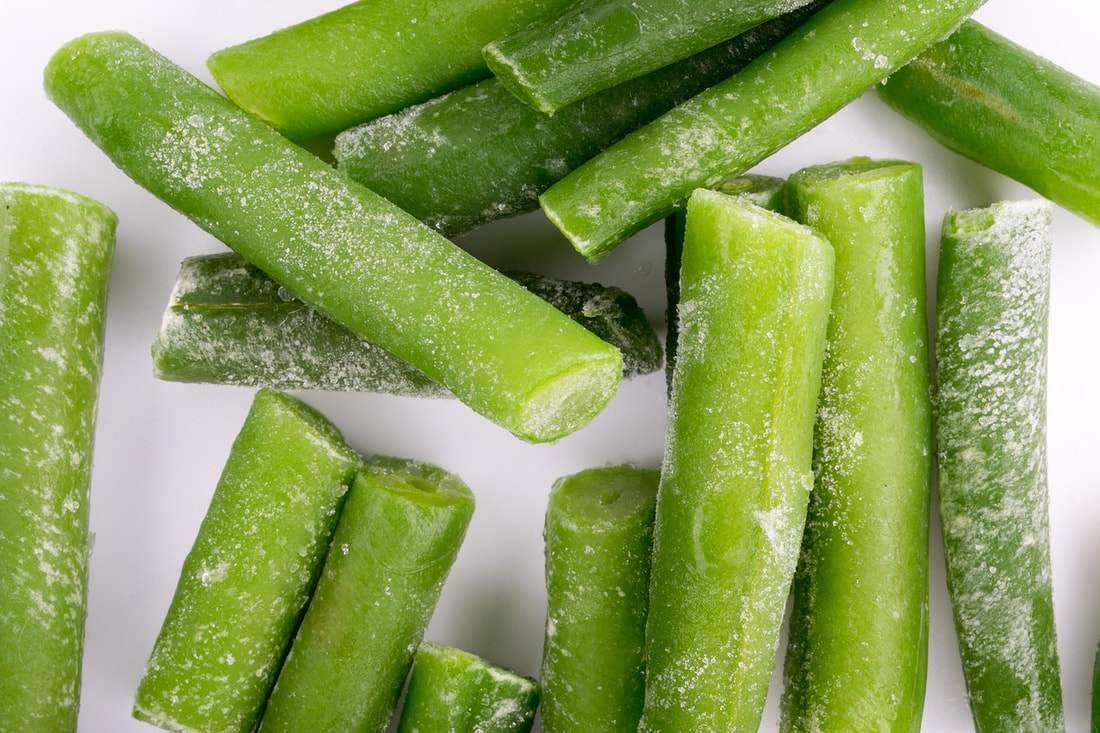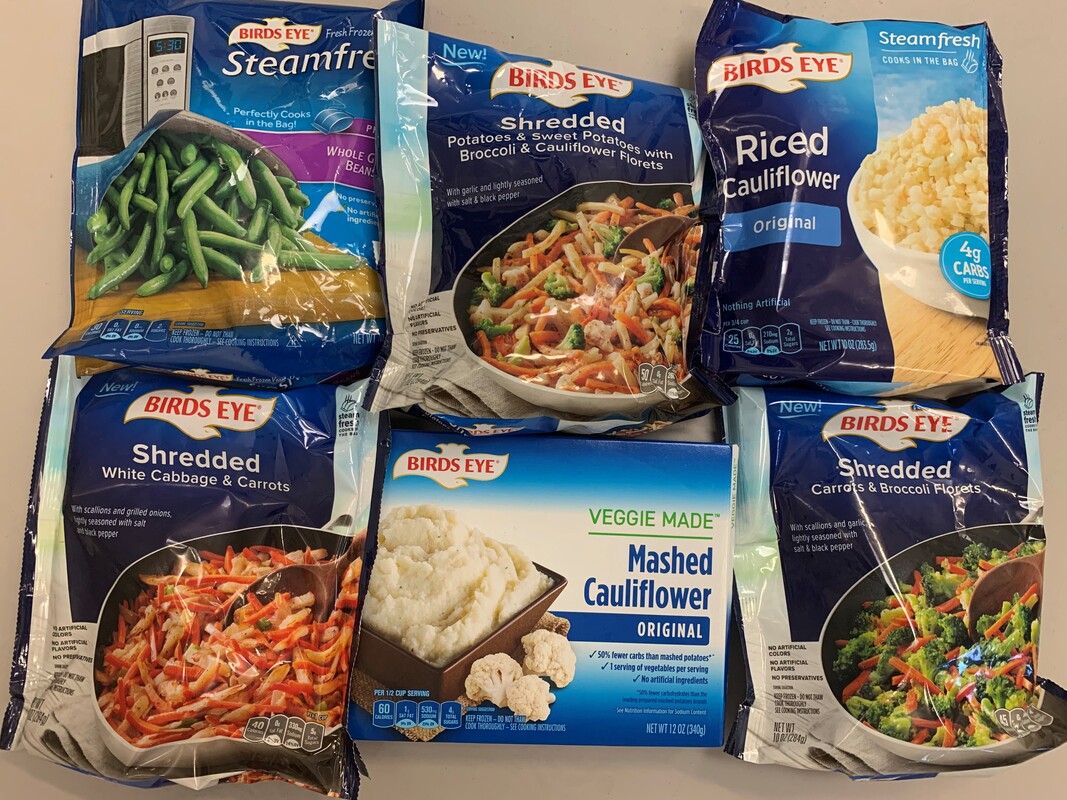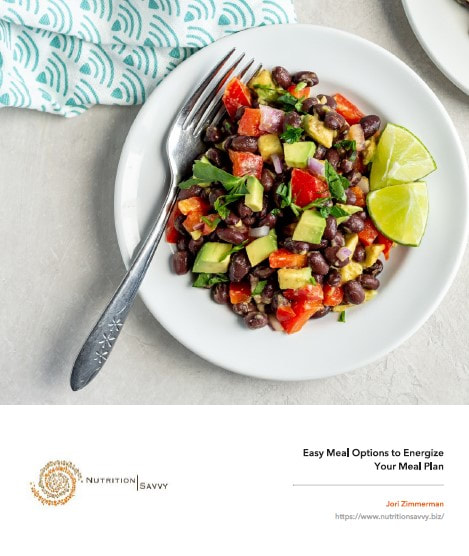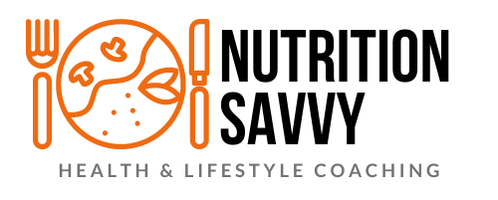|
I know that you know that fresh veggies are a great source of vitamins, minerals, antioxidants, and fiber and are an important part of a balanced healthy diet. But what about frozen veggies? If you have not checked out the frozen aisle for a while, you will find that it contains more than just peas and carrots. Today, you will find purple cauliflower florets, kale, artichokes, root veggies blends, and avocado. They also come pre-chopped and parboiled, and that adds up to less prep time for you. They eliminate two of the biggest roadblocks in the kitchen: washing and prepping produce and the time-consuming cleanup. They are the easiest way to work more veggies into your diet. Many think that fresh foods are always a healthier and better option than frozen. That is not always the case. Freezing food is just a method of preservation that is used to keep food for longer periods of time. Freezing veggies, fruit, meat, and seafood is a way to preserve and store fresh foods. This reduces spoilage, waste, and makes foods available when they are no longer in season. We also tend to believe that freezing fruits and veggies diminishes their nutritional value. Frozen product is fully vine-ripened and undergoes minimal processing. Most undergo blanching in hot water for a few minutes before freezing. The act of freezing helps to reduce the amount of time that nutrients can degrade. The nutrient content of produce is at its peak at the time of harvesting. Produce that is frozen very quickly after being harvested is more likely to retain their nutrients compared to fresh produce that are exposed to light, heat, and air during shipment and storage. How to Cook Frozen Veggies I use to avoid frozen veggies because of their flavor and texture. The key to making frozen veggies tastier is how you cook them and adding in herbs to enhance the flavor. If you don’t prepare them with a little care, they can end up soggy and bland. Here are a few tips on how to use and cook your frozen veggies. Read the directions - Regardless of what technique you are using, not all frozen vegetables cook the same way. For this reason, it is important to read the directions on the bag or box to give you an idea of how long to cook the vegetable you are using. Sautéing Frozen Vegetables Most frozen vegetables can be sautéed in 5 to 7 minutes. No need to defrost—just add your cooking oil to a hot pan and sauté your frozen vegetable of choice to the desired doneness. Since they are being cooked at a high heat, this allows for the additional water to evaporate and cook-off. It will add a little crispiness to the veggies while the spices and/or sauce can add flavor. Birds Eye has a couple of great veggie mixes. The ones that I like are shredded white cabbage and carrots or shredded potatoes and sweet potatoes with broccoli and cauliflower florets. Soups & Stews Adding frozen veggies to your soups is a great way to add in more veggies without any extra prep work. To avoid a mushy bowl of veggies, add them in at the end of the cooking process so that you don’t over-cook them and make them soggy. Steaming Frozen Vegetables Steaming helps frozen vegetables play to their strengths and is also the fastest cooking method. Read the package instructions, but most frozen vegetables cook for between 2 and 10 minutes. Be careful not to over-steam them, as this can lead to that mushy texture that gives frozen veggies a bad reputation. Many frozen veggies come in a steamable bag. No cleanup. But are they safe? The bags specifically manufactured for use in microwave steaming do not contain BPA or phthalates. So, no excuse not to get in a side of veggies at dinner. Roasting Frozen Vegetables Yes, you can roast frozen vegetables. Due to their processing, they cook slightly faster than the fresh alternatives. Most frozen vegetables roast nicely in 20 to 25 minutes, flipping halfway through. Add some herbs and spices to make the flavor of your vegetables pop. SmoothiesFrozen kale, spinach, and avocados are great add-ins to your morning smoothie. No need to defrost just add them in frozen. When not to buy frozen vegetables Veggies like carrots or broccoli are available fresh most for most of the year so buy those fresh. If a veggie is the star of a dish or you need a firmer structure go with the fresh item. You will happier with results. Here is what is in my freezer Note - I live in a smaller town so don't have as many choices. So no organics. I get what I can and what I like.
|
Author
Hello! I'm Jori Zimmerman, a nutritionist and owner of Nutrition Savvy. I work with individuals that are looking to make dietary and lifestyle changes that will lead them to living a healthier and higher quality of life. Archives
February 2021
Categories
All
|
|
|
Jori Zimmerman, Nutritionist and Owner
[email protected] 303-585-1025 Tucson, AZ 85715 Disclaimer |



 RSS Feed
RSS Feed

